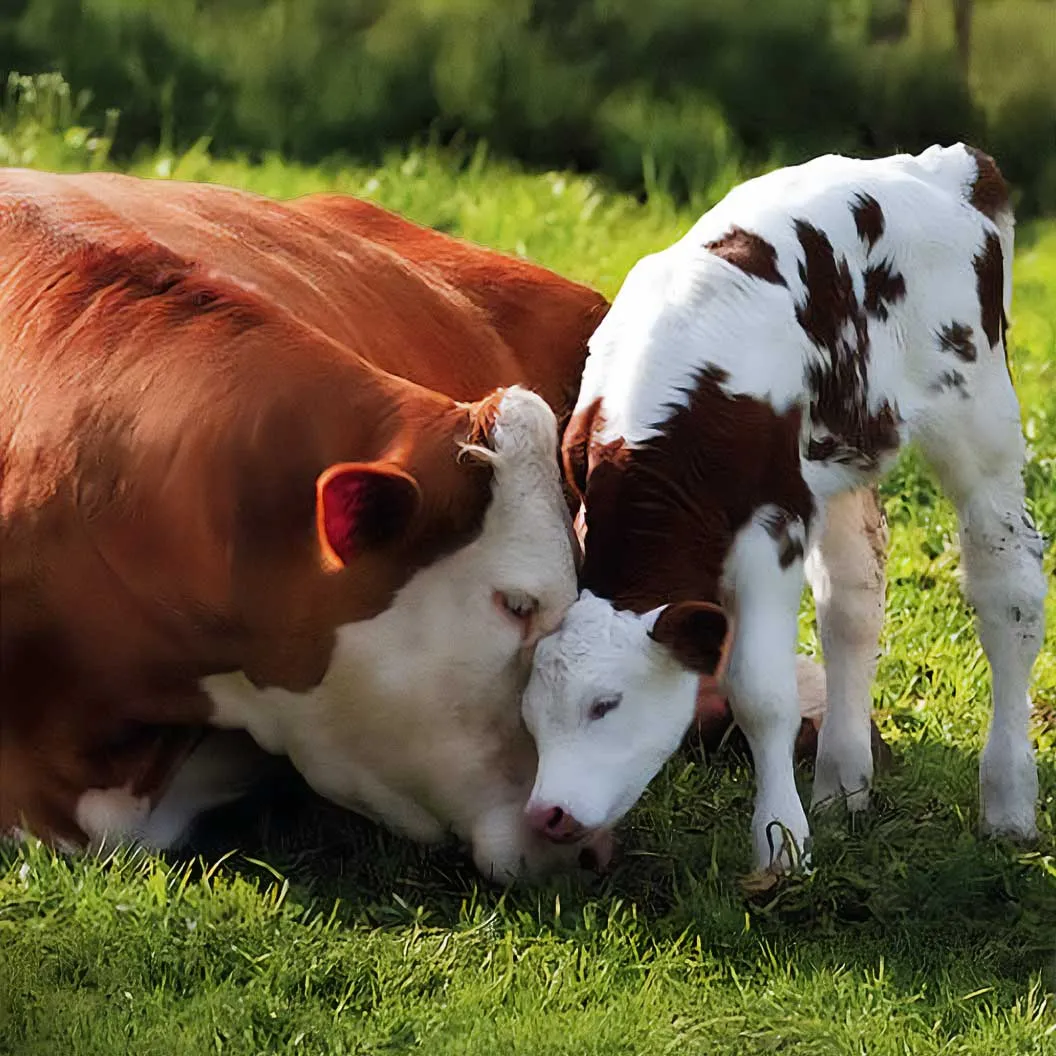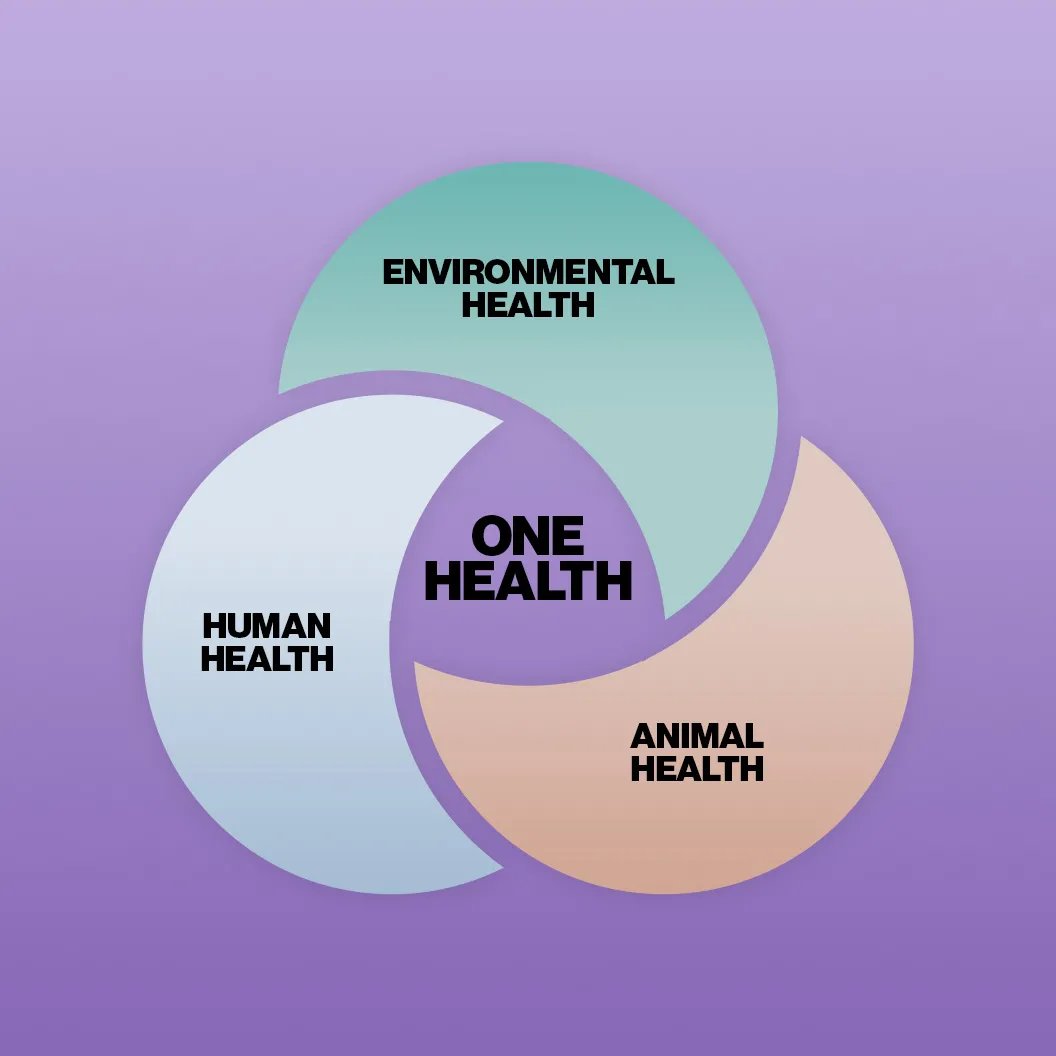Animal Welfare: A Leadership Opportunity for the Private Sector
Discover how the private sector can lead animal welfare initiatives, enhance social responsibility, and support the SDGs, positively impacting millions of animals and generating consumer engagement.
Julián Donoso
Development Manager
04/11/2024

The number of animals raised for human consumption is huge. Despite the high numbers and the suffering they endure, organizations advocating for the welfare of farm animals do not receive much donations or institutional support. Consumers, however, are sensitive to these issues and prefer products that don’t involve animal suffering. In this context, the private sector has an opportunity to lead actions that improve the welfare of millions of animals.
The impact of the food industry on animals
Every year, 70 billion land animals are slaughtered for human consumption, a figure that has been on the rise since the 1960s. Including fish, the number rises to over 160 billion; and if we add invertebrate animals, the number is ten times higher.
Most of these animals endure lives of suffering and discomfort. They are crowded into confined spaces, unable to move freely, step on clean ground, breathe fresh air, or even sleep peacefully. Ultimately, their lives often end violently and painfully.
Many people associate animal suffering only with animals they see in their daily lives, like pets. Pets indeed suffer from abuse, but it is farm animals that experience the highest levels of suffering, both in numbers and severity.
Donations and support for animal welfare
In this context, it’s not surprising that most donations and aid for animals - 66% according to Animal Advocacy - goes to pet shelters, while only 0.8% is for farm animal organizations. The same occurs with public grants, which are largely directed to protecting pets and conserving wildlife.
Nevertheless, animal welfare does matter to us. According to a survey by BEUC, an organization representing various European consumer groups, “we seek safe and high-quality food… meaning it must meet minimum animal welfare standards.” The survey, conducted in eight EU countries including Spain, reveals that 7 out of 10 Spaniards place high importance on farm animal welfare.
“Leadership Opportunity for the Private Sector”
So, where are the opportunities for the private sector?
Impacting a large number of animals. Welfare campaigns can affect millions of animals. These changes not only benefit the animals directly involved but also inspire positive changes for animals in other geographic areas and future generations.
Generating engagement among people around the company. Customers and employees, increasingly sensitized to these issues, appreciate companies’ concern for animal welfare. For consumers, it can even become a key factor when choosing which product to purchase.
Contributing to the fulfillment of the Sustainable Development Goals (SDGs) and the company’s commitments in terms of Corporate Social Responsibility (CSR/ESG). Animal welfare directly contributes to SDG 3 (Health and Well-being), SDG 9 (Promote Sustainable Industrialization), SDG 12 (Responsible Production and Consumption), SDG 13 (Climate Action), SDG 14 (Life Below Water), and SDG 17 (Partnerships for the Goals), which are essential for driving progress.







